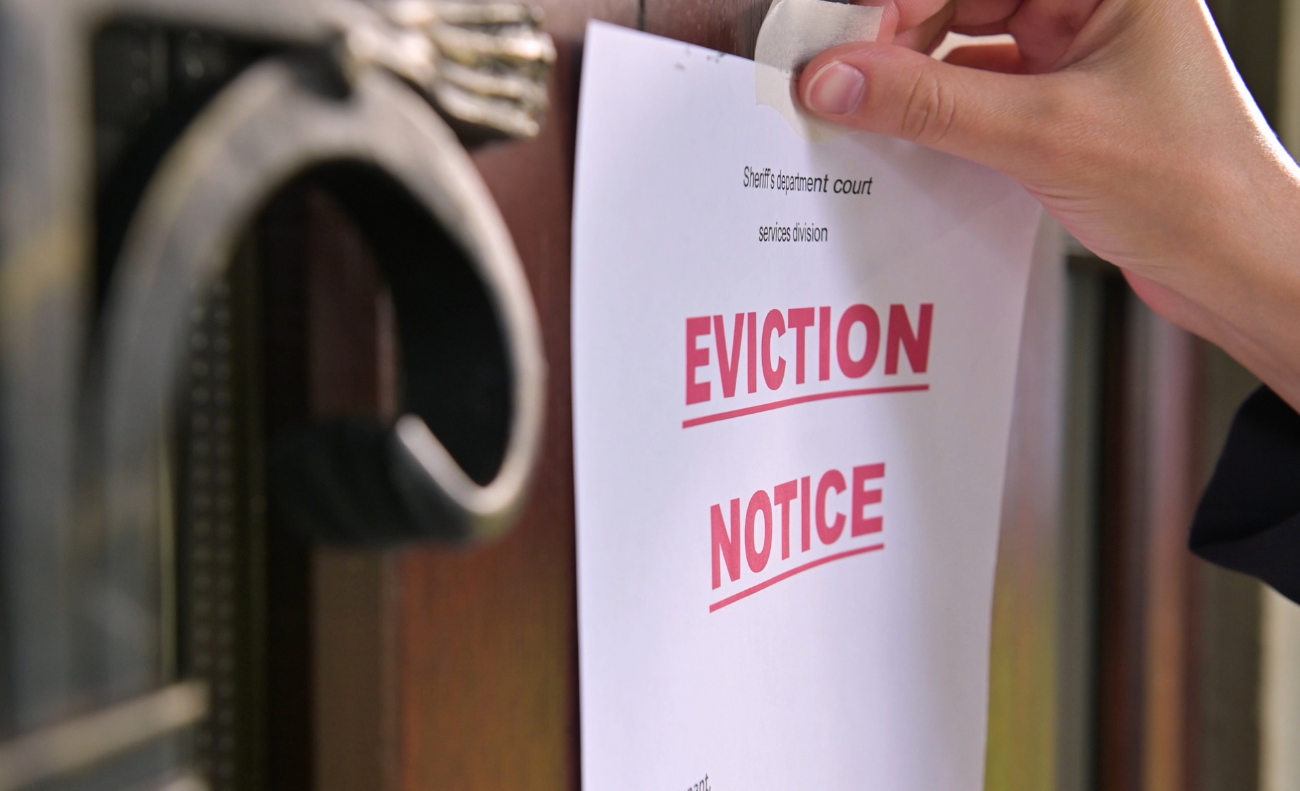
Non-Paying Tenants Face Swift Eviction in Canada
Canada has introduced new regulations that allow landlords to expedite the eviction process for non-paying tenants. The changes to the Residential Tenancies Act mean that landlords can now file for eviction on the 15th day of the month if rent has not been paid in full.
Previously, landlords had to wait until the end of the month before filing for eviction, which meant that non-paying tenants could remain in the property for up to six weeks before being forced to leave. Under the new rules, tenants will have just two weeks to pay the full amount of rent owed or face eviction.
The changes have been welcomed by landlords who have been struggling to deal with non-paying tenants during the COVID-19 pandemic. The pandemic has left many Canadians struggling financially, and landlords have been unable to evict tenants who have fallen behind on rent due to a government moratorium on evictions.
However, tenant advocacy groups have criticized the new regulations, arguing that they will disproportionately affect low-income Canadians who are already struggling to make ends meet. They say that the government should focus on providing financial support to tenants rather than making it easier for landlords to evict them.
The Canadian government has responded by saying that the new regulations strike a balance between protecting tenants who are facing financial difficulties and ensuring that landlords can manage their properties effectively.
The changes to the Residential Tenancies Act are just one part of a wider set of measures aimed at helping Canadians deal with the economic fallout of the pandemic. The government has also introduced a range of financial support programs for individuals and businesses, as well as measures to protect jobs and stimulate economic growth.
Despite the controversy surrounding the new regulations, they are likely to provide some relief to landlords who have been struggling to cope with the financial impact of the pandemic. Whether they will help or harm tenants who are struggling to pay their rent remains to be seen.
